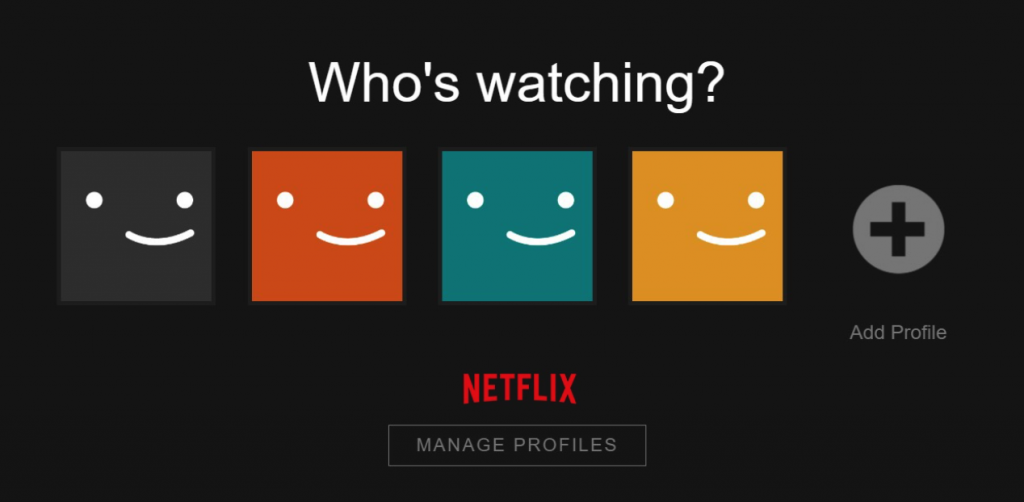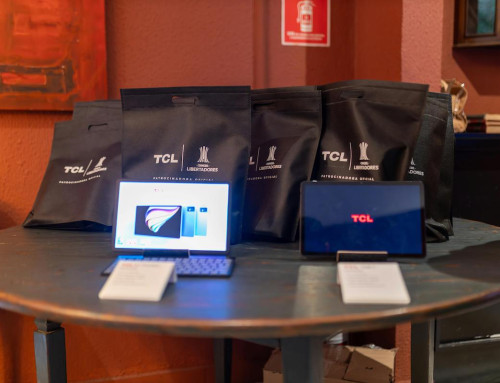Aluminati was proud to sponsor the Alumni Relations Institute 2021 conference hosted by CASE. Held in February 2021, it featured talks covering various topics, with panels of industry leaders and experts leading the conversations. This is the first in a series of articles from this conference.
Get updates when we publish new and interesting content.
Professor Alex Connock, Fellow in Management Practice, Said Business School, University of Oxford, UK discussed how institutions should consider their communications strategy and offered some thoughts on storytelling and distribution in the 2020s. He argued that Alumni Relations is not just about getting money out of wealthy graduates but providing an environment where alumni can continue their education, long after they leave university.

AI for AR
“Predictive analytics is a broad term describing a variety of statistical and analytical techniques used to develop the models that predict future events or behaviours” – Predictive Analytics White Paper – Charles Nyce, PhD, CPCU, API 2007
Professor Connock argued that we are in a predictive algorithm economy. “Everyone’s Netflix profile is different…” he noted. No offering is the same for each account on the streaming service. If you watch romantic comedies, you will find that more often than not, that is what will be offered to you in the future. This was to such an extent that Alex has another entirely separate profile on Netflix, just so that he would be suggested different things to watch. The same can be said for the music streaming giant, Spotify and it is no accident that these two providers are the main players in their sectors. They are much better at utilising Artificial Intelligence than their competitors.

What is A.I?
As far back as 1950, Alan Turing’s paper, Computing Machinery and Intelligence considered the idea of machine learning and artificial intelligence, yet it is only now that A.I. is coming into its own, Professor Connock argued. Artificial intelligence can be found everywhere in modern-day storytelling and the stories being told are not for the masses anymore. Today’s stories are being told to the individual, on a granular level.
Marketing agencies around the world use a practice of Dynamic Creative Optimisation (DCO) which is A/B testing on a much grander scale. An A.I. algorithm will create thousands of different versions of an advertisement, testing them all simultaneously to find out which one works best for each person that sees it.
What this allows for is more creative storytelling which is especially important with alumni communications where institutions must maintain a distinctive message to remain engaging and stay relevant. Professor Connock argued that alumni are holding their universities more accountable with their data. The expectation is for them to use it more creatively, understanding the end-user better to deliver what is meaningful to them, and to avoid falling into storytelling clichés.
“Ever tried. Ever failed. No matter. Try again. Fail again. Fail better.” – Samuel Beckett
Professor Connock stressed the importance to institutions that when storytelling to never stop testing and never stop learning. Keep trying different content until it works. He argued that when benchmarking it was just as important for an institution to compare itself to others but also to other sectors entirely. For example, a large multinational charity might be striving for similar goals and it would be prudent to compare their methods to your own.
Professor Connock also argued that by all means, use the data that you have generated as an institution, but also, listen to the voices of your alumni.

Effective Storytelling
As time was limited, Professor Connock was only able to communicate the first four of his many rules for effective storytelling, but we hope to catch up with him again soon for the rest.
Be Authentic
Many organisations and institutions will use generic tropes and fall into the above-mentioned storytelling cliches. Alumni will not engage if an institution does not stand out.
Be consistent
It is important to have a ‘central brain’ to make sure an institution’s messaging is consistent across all channels but also to remain consistent within each channel. It is important to consider which messaging platforms require different tones for effective communications.
Bring passion to your communications
The more passionate an institution is with its communications, the more its alumni will engage. It is important to make sure that the messages are not purely functional. Passion is contagious and alumni naturally have a passion for their alma mater. Institutions must listen to what people are saying about them and put a persona behind their communications.
Learn the dark art of earned media
The more an institution can get other people to do the work for them, the better. Finding out what their alumni are achieving and what is worth talking about is critical to fostering success with your audiences and community.




